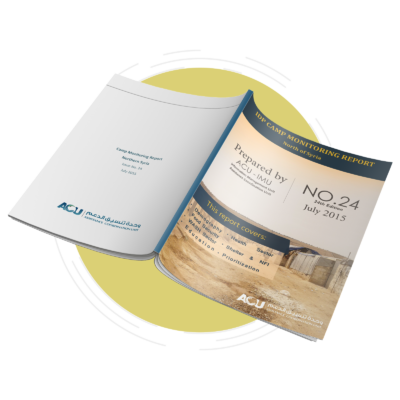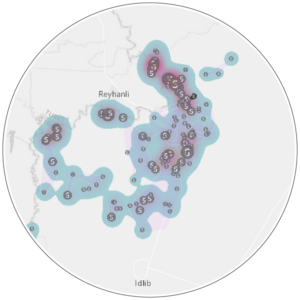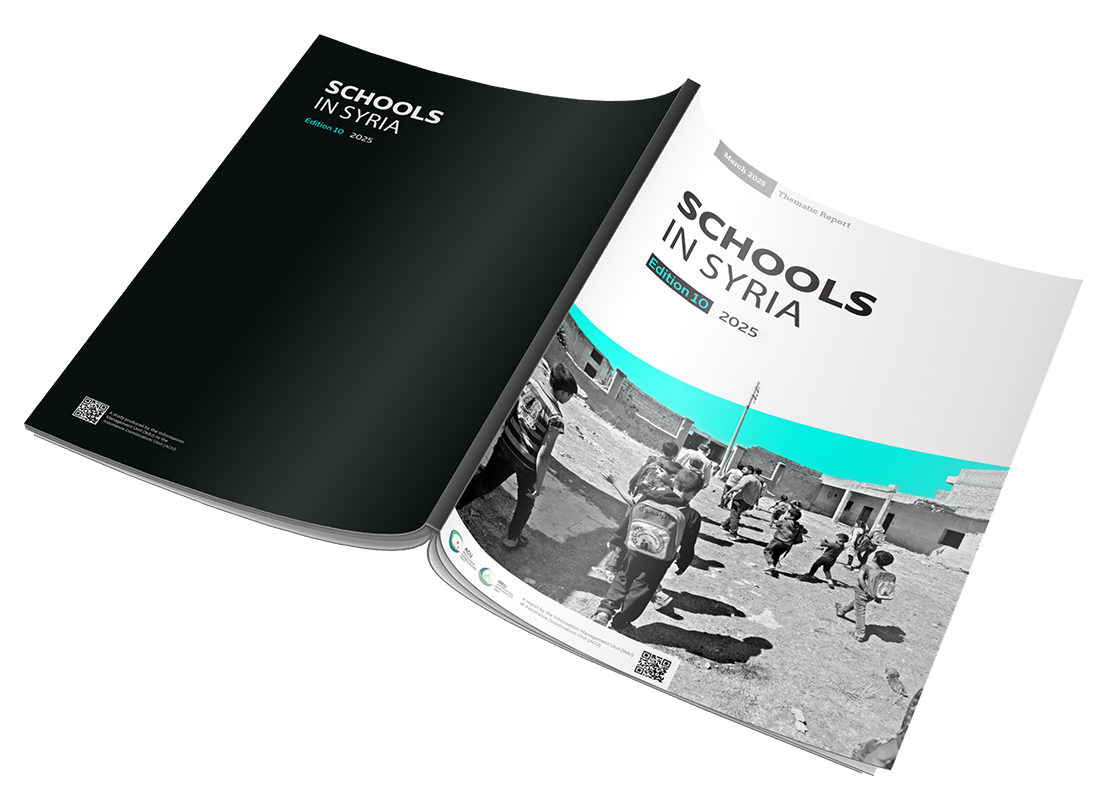The Assistance Coordination Unit (ACU) has issued the 24th monthly monitoring report on the internally displaced People’s (IDPs) camps in northern Syria. The assessment was conducted to assess the living conditions of the IDPs in camps during July 2015.
The total number of covered camps in July was 167 camps. During this month seven camps were closed or merged and six new camps were established.
The acting IRC organization had to pause all its activities for 17 days in camps, this led to a critical situation there with halting of all services and increasing the suffering of IDPs. Demographically, the number of IDPs remained almost the same, except some of them returned to their homes due to lack of services and high living expenses inside the camps.
Regarding food security sector, Human Appeal Organization, Kader, and Turkish IHH continued to distribute food baskets in some camps in Atma, Al-Karama, Salqin, Al-Rahma and Qah clusters. However, the food aid provided by active organizations in this sector is insufficient compared to the urgent IDP needs.
The Blue Crescent Organization distributed 1,342 medical treatment boxes for lice and allergy, because of wide spread of skin diseases among the IDPs, due to unprecedented high temperatures. However, Jarablus camps are left without any medical points since ISIL forces controlled the city.
Medical Corps Organization has distributed 1,359 hygiene kits in Bab Al Salameh border camp. Camps’ IDPs are suffering from many obstacles in WASH sector like sewage issues, ignorance of dumping holes, discharging and turning open sewers into regular networks. Many camps could not meet the needs of their populations of water, either because of the absence of water points in the camps, or the existing water points are insufficient. Another problem is the presence of inoperative water networks and taps, which are not supported by any related organizations.
No significant changes happened in education sector compared to June. Schools are still closed since the end of past academic year, and IRC supported schools halted its activities for 17 days in July. Securing education for all children in the camps is still an unsolved challenge. Schools are not available in all camps, so the students are forced to head to neighbouring camps’ schools, or refrain from going to school under parental pressure.
Regarding shelter and NFIs, the biggest challenge that faces the IDPs is the high rate of worn-out tents that need replacement, which exceeded 80% in some camps. This violates the Sphere standards which state that a tent’s age should not exceed 6 months. The concerned organizations’ inability to cover this need, and the people’s aspiration to improve their lives, pushed them to construct stone rooms randomly. The IDP’s top priority for NFIs was water gallons, tent support as second priority and cleaning tools as third priority.
Regarding the IDP’s top priorities, WASH needs came first with 25%, followed by food security, then shelter and NFIs as third priority after being second priority in June statistics.





